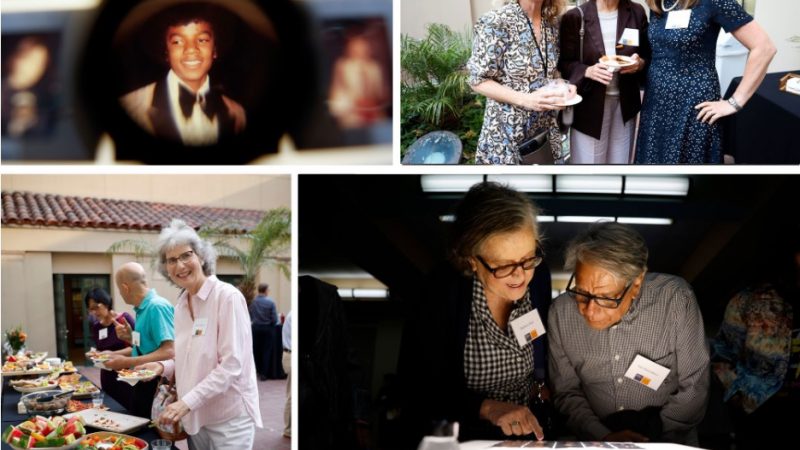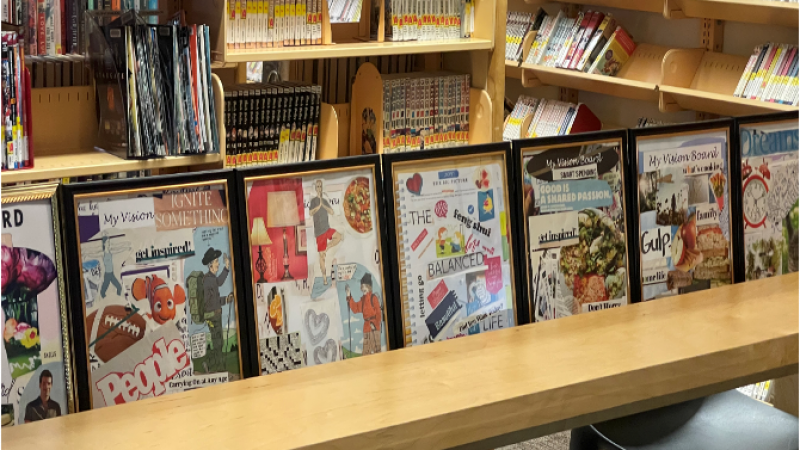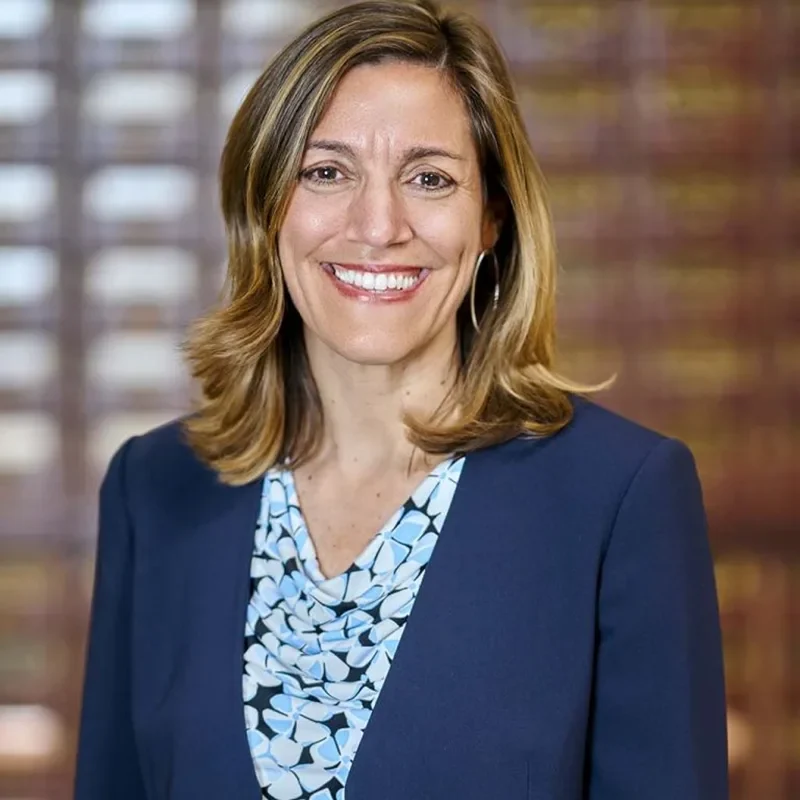“I’m learning about the power of poetry,” said Philip Levine about his time thus far as the 18th U.S. Poet Laureate, a position he was elected to earlier this fall. So what has changed for the poet whose career has spanned over 60 years? “Twenty-five years ago it was 30-35 people,” Levine estimated a typical headcount for a poetry reading, but now as the U.S. Poet Laureate, “it’s 300 p eople.” Interacting with larger, more diverse crowds this last year has deeply touched Levine – from receiving a personal letter from a son who described growing closer to his mother through Levine’s poetry, to visiting a classroom in Harlem full of bright students asking tough questions about poetry, to giving a reading to tearful union workers.
eople.” Interacting with larger, more diverse crowds this last year has deeply touched Levine – from receiving a personal letter from a son who described growing closer to his mother through Levine’s poetry, to visiting a classroom in Harlem full of bright students asking tough questions about poetry, to giving a reading to tearful union workers.
Levine, who now spends half of his time in New York, and the other half in California – he has lived in Fresno and taught at California State for many years – came to Los Angeles recently to read at ALOUD in a special event co-presented with the California Center for the Book and the Center for the Book at the Library of Congress. He read from a range of books including The Mercy and 7 Years from Somewhere, flipping through the pages until he found something that felt right, “I don’t plan a reading ahead of time,” he said when he first took the stage, then jokingly added, “because I don’t plan anything.” His confession, at both humorous and on-the-nose, was indicative of many of the poems he selected to read, and many of his poems overall. He has become so revered for his poems that penetrate the surface of everyday life through honest, subtle illuminations that masquerade as simple truths (which is his aptly named book that won the Pulitzer Prize in 1995).
 After reading, Levine sat down for a conversation with Robert Casper, the head of the Poetry and Literature Center at the Library of Congress, who opened the talk by asking the poet about his relationship to libraries. Levine had the audience in stitches in what became an almost 15 minute stand-up routine, where Levine recounted prickly encounters with librarians. But after he conceded to his own mischievous role in the matters, Levine attributed libraries to nurturing him for over 75 years since he was a young boy.
After reading, Levine sat down for a conversation with Robert Casper, the head of the Poetry and Literature Center at the Library of Congress, who opened the talk by asking the poet about his relationship to libraries. Levine had the audience in stitches in what became an almost 15 minute stand-up routine, where Levine recounted prickly encounters with librarians. But after he conceded to his own mischievous role in the matters, Levine attributed libraries to nurturing him for over 75 years since he was a young boy.
Born in Detroit in 1928 and having worked many industrial gigs, he began composing poems in his off-time from the factories. This place and time as subject matter—both the economic and emotional depression—has seeped into his poems throughout his whole career. The timeliness of Levine being appointed the Poet Laureate following one of America’s greatest economic crises cannot be denied. However, he does not want to be type-casted. “Everyone’s got material, but my material is a lot larger than just being a working man. It’s a whole vision of the world,” he explained over the phone the day before his appearance at ALOUD.
“There’s so many reasons to read and write poetry,” he added after describing the political climate that he spent writing in during his 30’s. At the time he felt full of rage at his country because of racial turmoil, the Vietnam War, and the rebellions that were taking place in Detroit, New York, and Watts in Los Angeles in 1968. Poetry was his outlet to explore his “radical views,” yet he never believed his poetry was a vehicle for radical progress. “I have never seen poetry as an agent of change,” he said. “Poetry will change individuals, but it’s not going to change society.”
Asking him why he turned to poetry in the first place, Levine admitted there is no one reason, but that there is a basic thrill in the artistry itself. He does not consider himself a religious man, but he approaches language with an aura of spirituality, especially is his unequivocal answer when asked about his secret to maintaining a long, productive writing career:
“I’m not a druggie. I’m not an alcoholic. I’m not a hundred pounds overweight. I take care of myself physically. I’m happily married. I’m a faithful husband. I don’t have to lie to my wife and feel a lot of guilt and then say ‘Why don’t the words just come to me – I’m just a fucking liar?’ I’m very superstitious and I have the sense that if I lie, I won’t get the language. Lying is misusing language and if I do that I will be punished.”
–Posted by Bridgette Bates








